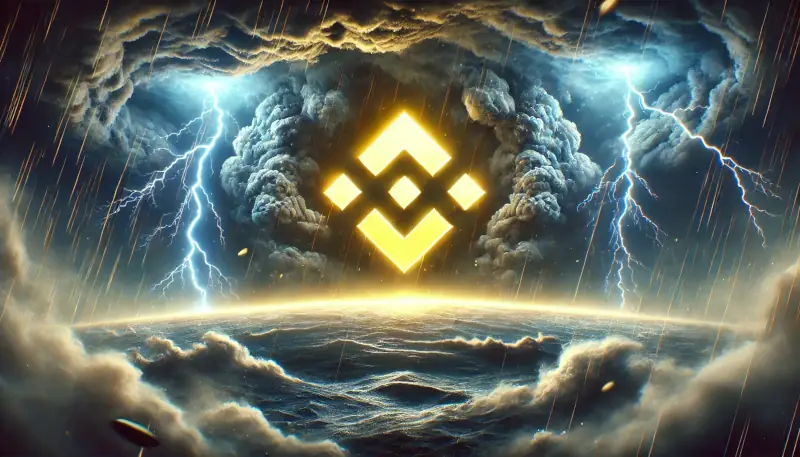In an unexpected turn of events, Binance announced it would delist PowerPool (CVP) from its platform, sending shockwaves through the cryptocurrency community. This decision, which came without any prior notice or detailed explanation from Binance, led to an immediate and sharp decline in CVP’s value, dropping by nearly 33%. The sudden delisting has sparked significant concern and confusion, especially among PowerPool’s dedicated users and supporters.

PowerPool’s Response: A Plea for Transparency
The PowerPool team quickly issued a statement expressing their disappointment and frustration with Binance’s actions. According to the team, they were completely blindsided by the decision, despite having made consistent efforts to maintain a good relationship with Binance’s post-listing team. PowerPool had provided regular updates, detailed reports, and engaged in extensive marketing activities, all in an effort to remain in good standing with the exchange.
However, despite these efforts, PowerPool’s requests for communication were met with silence. The team attempted to arrange a call with Binance to understand what could be improved after their token was placed under a monitoring tag, but these attempts were ignored. This lack of transparency from Binance has raised serious questions about the criteria used for delisting and whether smaller, independent projects like PowerPool are given a fair chance. Full statement here.
The Implications of the Delisting
The delisting of CVP from Binance has broader implications beyond the immediate price drop. It highlights the vulnerability of decentralized projects when they rely on centralized exchanges for liquidity and visibility. PowerPool has been positioned as a project with strong technological foundations and a clear roadmap, but the delisting has cast a shadow over its future. The team has reiterated that PowerPool remains operational and that the CVP token is still available on other exchanges, both centralized and decentralized. However, the psychological impact of losing a major listing is undeniable.
The PowerPool team is now calling on its community to rally together and continue supporting the project. They emphasize that the true spirit of Web3 is about self-sovereignty and independence from large institutions. This incident serves as a reminder of the limitations of centralized exchanges and the risks involved when a project becomes too reliant on them.
A Cautionary Tale for Investors
For investors and enthusiasts, this situation with PowerPool and Binance underscores the importance of due diligence and the inherent risks in the cryptocurrency space. While technical analysis and project fundamentals are important, they are not foolproof. Decisions by centralized entities, often made behind closed doors, can have outsized effects on token prices and project viability. This incident should remind everyone in the crypto space that even well-established projects can face sudden and unpredictable challenges.
As the PowerPool team navigates this setback, their focus will likely be on proving that their technology and community can thrive independently of any single exchange. Whether they can turn this crisis into an opportunity remains to be seen, but their call to action for the community to take the reins is a strong testament to the ideals of decentralization they champion.
Need a quick and easy way to see what’s happening in crypto over the next few days? Check out our Crypto Events Calendar!




